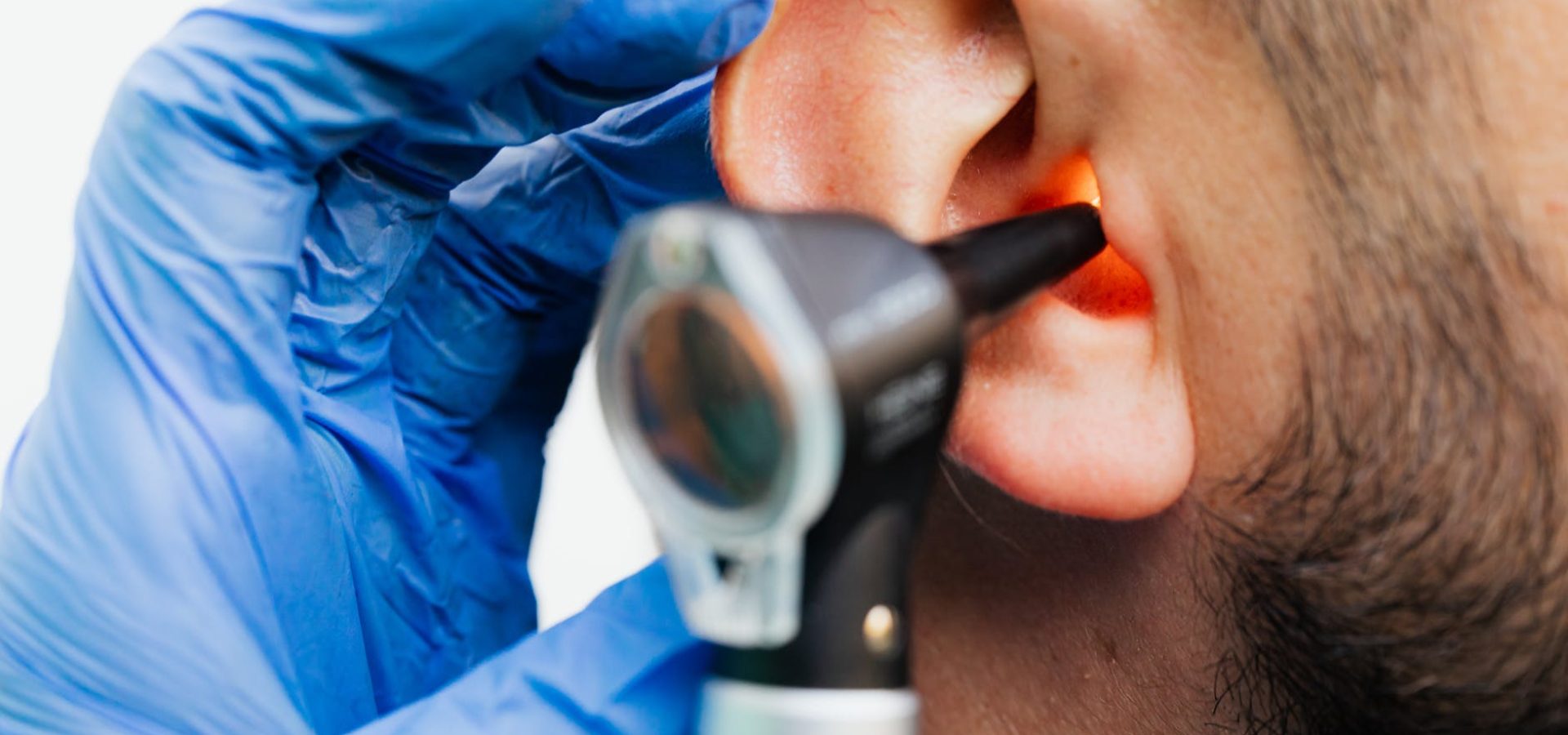Menu

Hearing health is very important. Though it’s one of our essential senses, we tend to take it for granted. We only appreciate its value when we’re having trouble with it. If you feel like you are developing hearing problems, it might be time to get a hearing test.
Audiologists do hearing tests to determine whether there is a hearing problem. Then, they will be able to identify possible causes, their impact on your health, and the treatments that can help you get it back.
If you want to try getting a hearing test, here are some things you have to know.
Hearing Examinations vs Hearing Screenings
Hearing challenges can be difficult to determine, but you can identify that through a hearing screening. Eventually, you may also be required to have a hearing examination. Here’s how you can distinguish between the two.
A hearing screening test takes about 15 minutes to complete. This is something that you can do online, or you can make an appointment at a clinic. What will be done are some quick checks to see the extent of a hearing loss.
- A screening test is only the first step to get treatment—you still have to know more about the possible issue. That’s where a comprehensive hearing examination comes in.
- In a complete hearing test, you will have an assessment for your ears, as well as your neurological system.
How Does A Hearing Test Work?
When you come in for a hearing test, the first thing that you will do is discuss your case history. The auditory health experts will talk about your changes in hearing, what your family and friends think about it and whether someone in your family has experienced something similar. There will also be an assessment based on your lifestyle. Your activities can influence how healthy or damaged your hearing will be.
If you’re going for a complete assessment, you’ll receive a detailed breakdown of the findings after. Unlike other illnesses, a hearing test can be conducted and evaluated immediately, so you won’t have to wait too long to know what’s wrong.
The assessment is also the time to ask any questions about your illness and treatment plan. The audiologist will recommend technology or gadgets you can use to enhance hearing and rehabilitation opportunities for your auditory health.
Questions That Will Be Answered after a Hearing Test
1. Is Your Hearing Loss Progressive?
In some cases, the hearing loss you experience will worsen over time. Hearing can deteriorate slowly, but it can also happen within weeks or months.
2. What Treatments Would Be Most Effective?
By identifying the intensity of the illness, the right treatment plans will be provided as well. The treatment will also be dependent on the care you need, your lifestyle, your age, and the availability of technology.
3. What Is Your Hearing Baseline?
A hearing baseline serves as the basis for your hearing levels. It will be the standard for determining how your hearing problems progress, and in the future, it will help experts learn how significant your hearing issues are.
Conclusion
Hearing problems can be a mystery to many people. Some don’t even realize there’s a problem to explore unless it’s serious. Taking time to get tested at a hearing clinic right away is something that can do wonders for your health and quality of life.
If you are looking for a hearing test in Langley, BC, book an appointment at Fraser Valley Beltone Hearing Centre. As a hearing clinic in Langley, Abbotsford, and Fort Langley, we can help you get hearing healthcare and an understanding of your hearing conditions. Contact us today to learn more.
Share Post
Facebook
Twitter
LinkedIn
Email
Reddit
Pinterest
